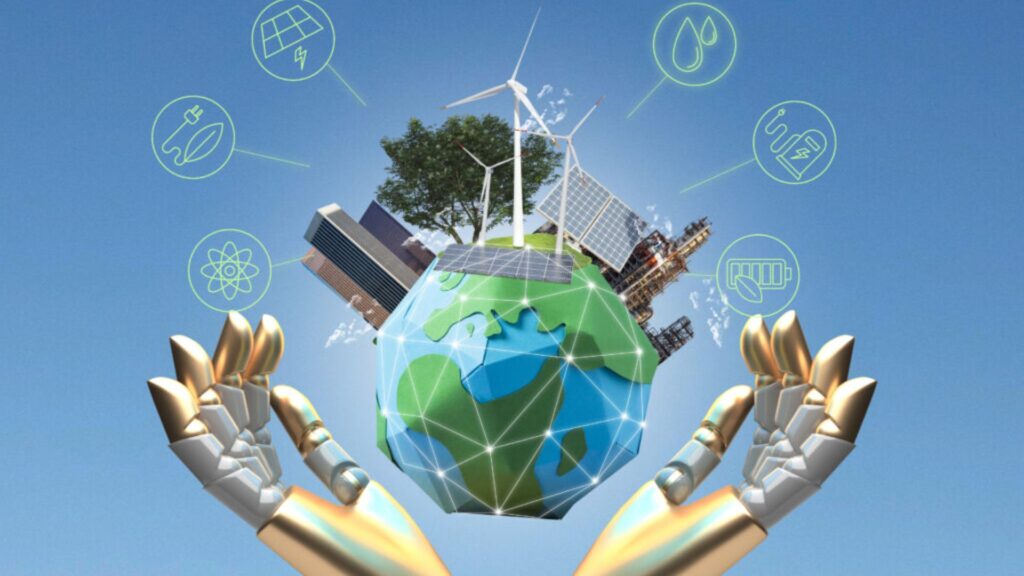The world is witnessing a pivotal moment, as scientific breakthroughs are no longer confined to advanced economies but are reaching communities across the globe. With the adoption of artificial intelligence, quantum technology, and clean energy systems, scientific progress is becoming more decentralized and inclusive. AI-driven drug discovery is enabling faster, more targeted treatment development for complex diseases, reducing research timelines.
In the energy sector, fusion reactors have achieved milestones in net energy gain, while solar technologies and green hydrogen production are scaling up in regions previously considered underserved. Further, quantum computing has moved beyond theory, with advancements in error correction and scalable qubit architecture enabling simulations in fields from climate science to pharmaceuticals.
These advancements are accessible through open-source platforms, research networks, and public-private partnerships, ensuring developing nations can benefit. Solar-powered diagnostic kits, AI-based crop prediction tools and portable water purification systems are being deployed to improve life in remote areas of Africa, Southeast Asia and Latin America. The United Nations has declared 2025 as the International Year of Quantum Science and Technology, highlighting this transition and promoting global engagement in scientific research.
India is contributing to this wave of innovation. The Bharat Forecasting System launched is delivering high-resolution weather data across the subcontinent, enhancing disaster preparedness and agricultural planning. In Bangalore, researchers at the Indian Institute of Science in collaboration with Caltech have uncovered mechanisms in photosynthesis that could revolutionize artificial solar-fuel production.
Meanwhile, scientists from Motilal Nehru National Institute of Technology (MNNIT), Prayagraj and Dr. Ram Manohar Lohia Institute of Medical Sciences (RMLIMS), Lucknow have developed a non-invasive glucose monitor aimed at transforming diabetes care in low-income communities. Indian advancements are not isolated; they are part of global networks making scientific progress more equitable and scalable.
From labs to rural villages, the spirit of discovery today is truly global. As innovation becomes more collaborative and accessible, it empowers nations across divides to shape development pathways. This global diffusion of science ensures the benefits of knowledge are no longer a privilege, but a shared asset for humanity.

